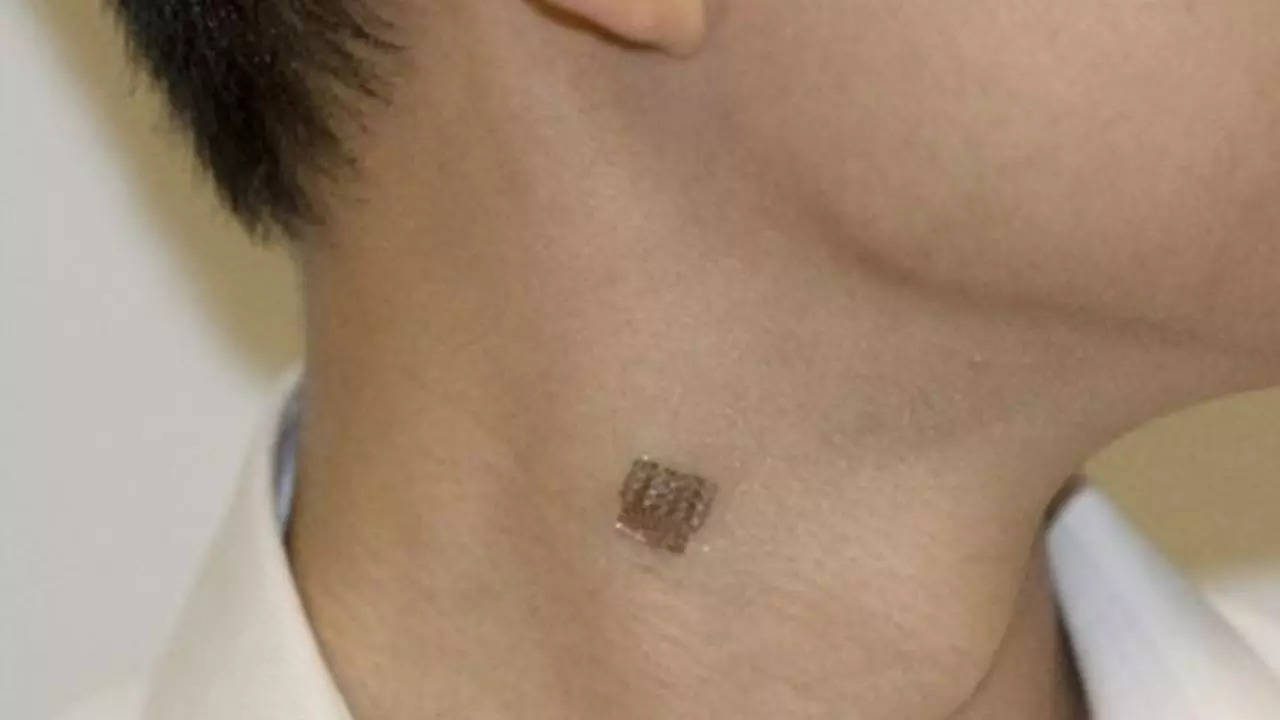Video content posted online has the potential to help or hurt teens Teaching them to weigh the quality and accuracy of content and to avoid negative interactions is a must, a psychologists' group says It outlines steps for parents, schools, policymakers and online creators WEDNESDAY, Nov. 20, 2024 (HealthDay News) -- Parents can't monitor everything their kids watch online, but a set of new guidelines may help young people manage their own viewing habits. "Research consistently shows that video content, and the that host it, have the potential to help or harm teens," said , CEO of the American Psychological Association (APA).
"It is the shared responsibility of video platforms, content creators, parents, caregivers, educators, policymakers and the technology industry to create an environment where youth can learn and express themselves safely online," he added in an APA news release. The association announced to help parents, policymakers and tech companies give teens the power to manage their own viewing habits. They include steps that can be taken right away, as well as longer-range recommendations for Big Tech and policymakers.
Teach teens to be choosy. Videos can help with homework, teach new skills or hobbies or provide insights into different experiences and cultures, APA points out, calling on schools to teach video literacy. The aim: "To expand [teens'] knowledge and abilities while resisting manipulative platform features designed to prolong their engagement and prof.


















